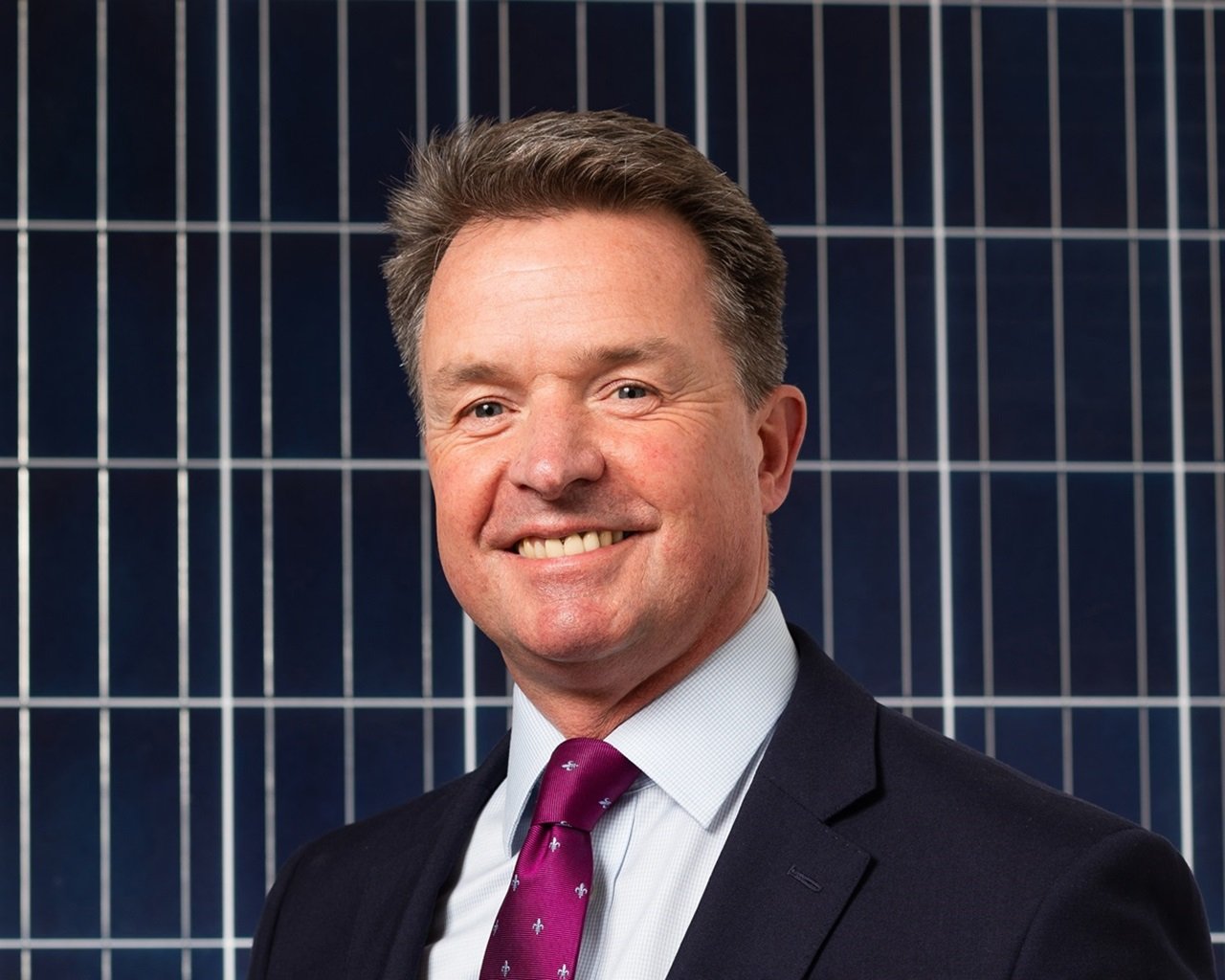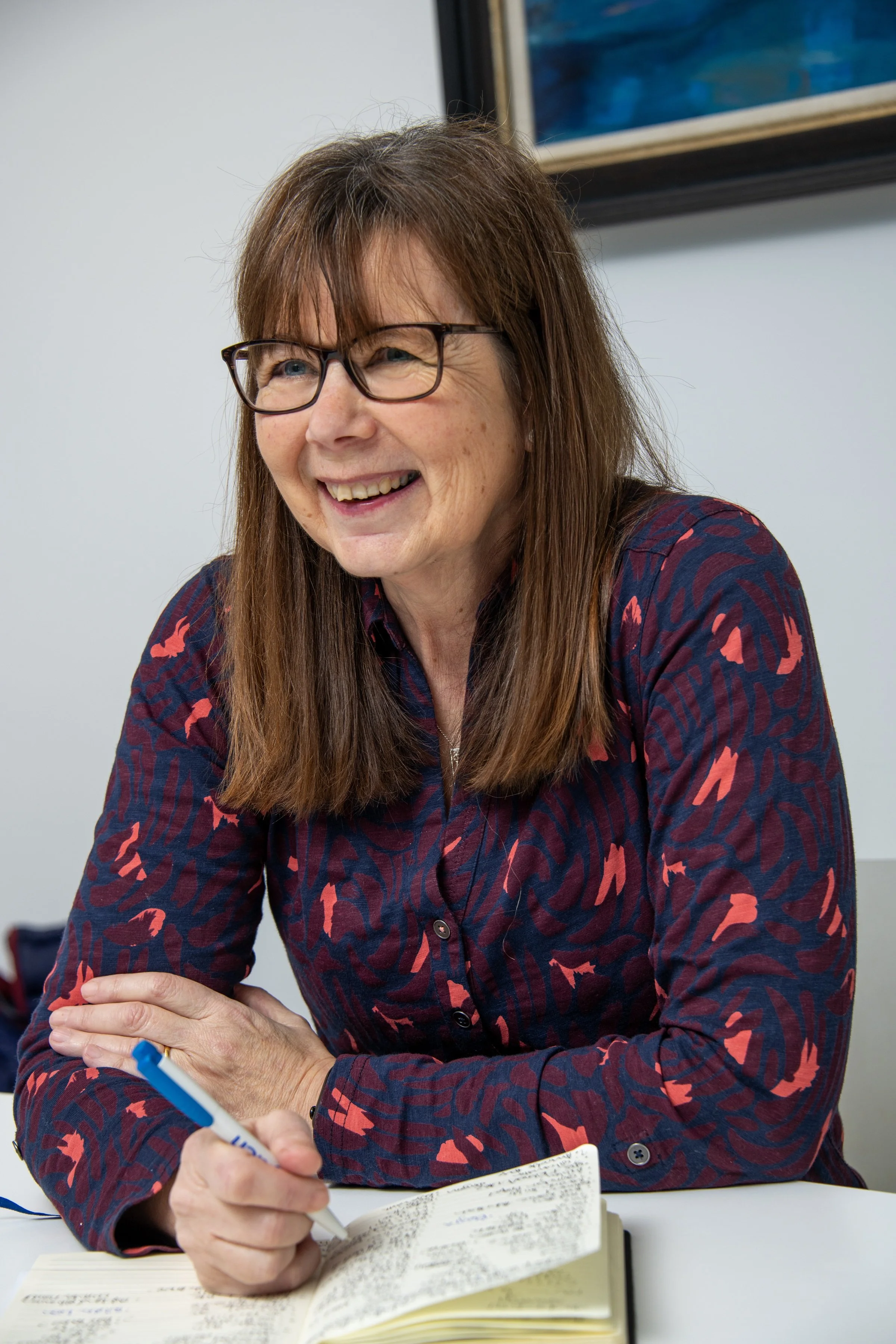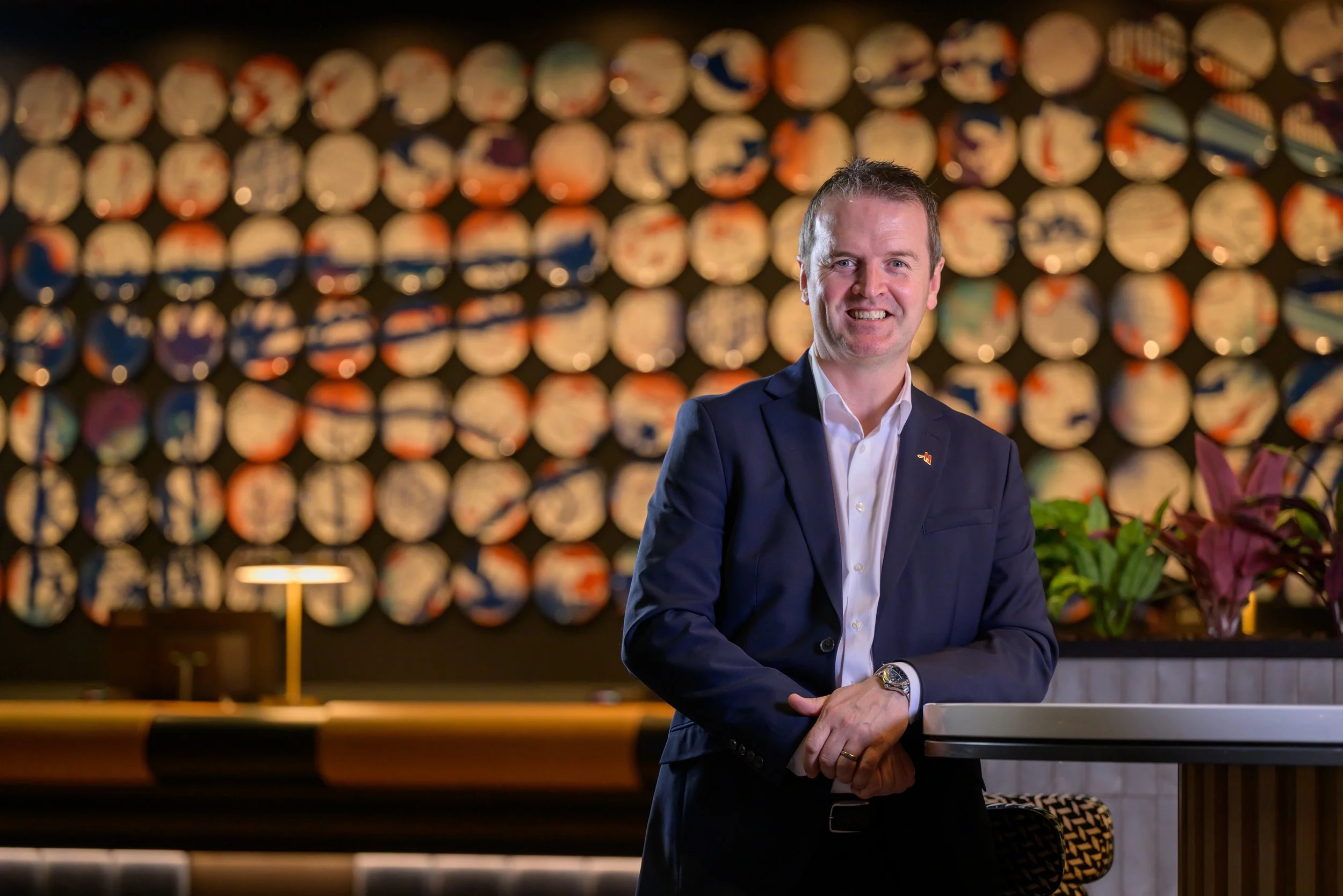Scottish innovators help on journey to net-zero ambition - Johann Partridge
Scotland is proud of its rich history of intellectual and scientific accomplishments. Once more, we find ourselves looking to innovators with entrepreneurial spirit. This time, the aim is to help Scotland on its journey towards net-zero greenhouse gas emissions by 2045.
Biotechnology offers alternative and sustainable ways to produce feedstocks, chemicals and fuels from plant based sources, whilst reducing carbon emissions. It will play a critical role in achieving a circular economy on a local, national, and global scale. Scotland is already leading the UK as a centre for environmental and agricultural biotech start-ups, with positively disproportionate growth to the rest of the UK, according to the recent BioCity UK Life Science Start-Up Report.
Working as part of the team at the Industrial Biotechnology Innovation Centre (IBioIC), the key challenge that I see on a regular basis is how scientists struggle to test their processes in a way that demonstrates proof of concept and the potential to scale-up their products to much larger quantities. IBioIC’s Scale-Up Centres enable entrepreneurs and companies to do just that.
To truly succeed, start-up companies require significant capital investment. Specialist equipment is prohibitively expensive, before you even consider lab space and the costs of trained staff.
IBioIC’s Scale-Up Centres offer companies access to a wide range of equipment to help assess and optimise their bioprocesses from lab to pilot scale production. Our technical team are on hand to offer advice and assist with all aspects of their projects from development of scientific work programmes, identification and securing of funding, to practical delivery.
For me, there is nothing better than witnessing the journey of the companies who have worked in our facilities, as they realise their ambitions by turning their innovative ideas into commercial solutions that can help tackle the climate disaster. The technologies we see in development are ground-breaking and the successes of pioneering biotech companies like 3F Bio and MiAlgae are examples of what is being achieved in Scotland.
The world population is projected to reach 11.2 billion by 2100 compared to 7.6 billion in 2017. The challenge is how to feed everyone. 3F Bio has developed a zero-waste solution to producing protein for food, feed and fuel. Their proof of concept programme was delivered in IBioIC’s RapidBio facility, where access to scale up equipment allowed them to develop their process. As members, they also benefited from enhanced project funding support and access to the technical network.
MiAlgae is an organisation we’ve worked with and witnessed their progress through successful funding rounds to take their product to market. Created from whiskey by-products, MiAlgae estimate that just 1 tonne of their microalgae product can feed up to 30 tonnes of wild fish and is a more sustainable source of omega 3, as fish stocks continue to fall as oceans warm. Not only is this a healthier and greener alternative, it also has the potential to make the whisky industry carbon negative.
MiAlgae first approached IBioIC back in 2014 to support their early stage bioprocess development work to pilot scale. MiAlgae is creating a valuable supply of nutrients for the animal and fish food industries, using a low value co-product form the whisky industry. IBioIC’s FlexBio facility provided technical support, expertise and its network. This helped MiAlgae to demonstrate that its processes were robust and scalable meaning it could secure funding to move to the manufacturing stage.
IBioIC has been set a high bar to increase the biotech industry turnover in Scotland from £189 million to £900m by 2025 and to really drive a positive and supportive environment for the continued growth of industrial biotechnology.
IBioIC offers companies the opportunity to apply for seed funding support to help develop their bioprocesses in partnership with the technical team in the Scale-Up Centres.
Today in Glasgow, IBioIC’s 6th annual conference will see global experts share knowledge, challenges, opportunities and best practice. We will highlight Scotland’s capabilities in driving the bio-based economy and how IBioIC is supporting the use of cutting-edge biotechnology and the creation of vibrant pioneering bio-economy businesses, to build a more sustainable world.
Johann Partridge is Operations Director at IBioIC




